Keywords: Pope Benedict Xvi
-
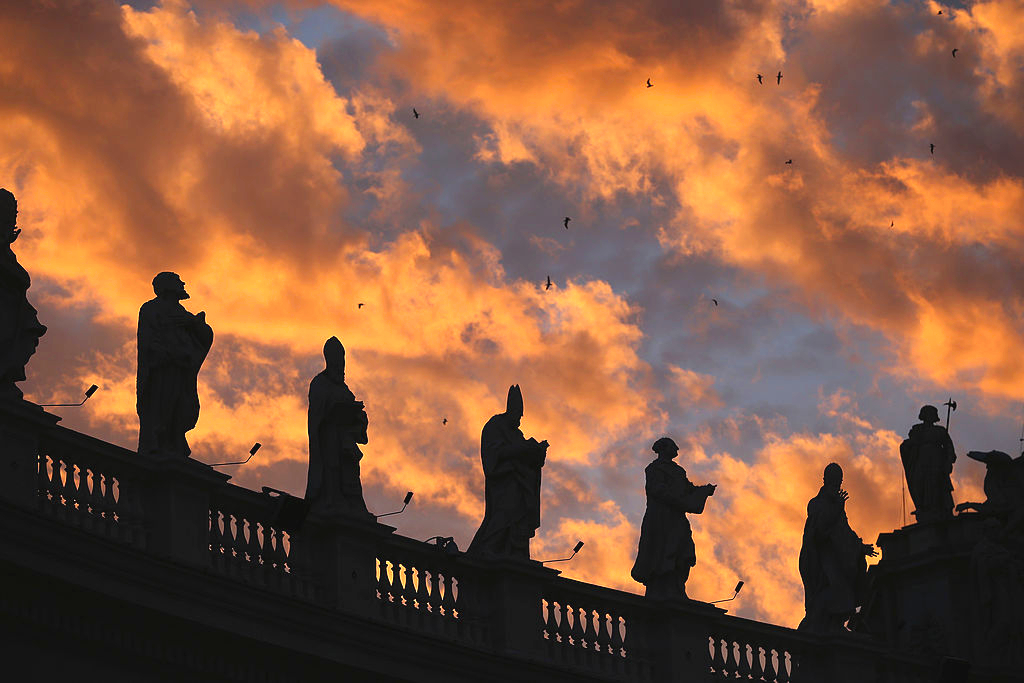
RELIGION
- Miles Pattenden
- 27 January 2022
31 Comments
Many Catholics will have found the news from Germany this past week painful. A law firm, Westpfahl Spilker Wastl, has presented findings in its investigation into historic sexual abuse in the Munich archdiocese. Running to 1,000 pages, the report is shocking: it lists at least 497 victims for the period 1945–2019 and identifies 235 probable offenders including 173 priests and nine deacons.
READ MORE 
-
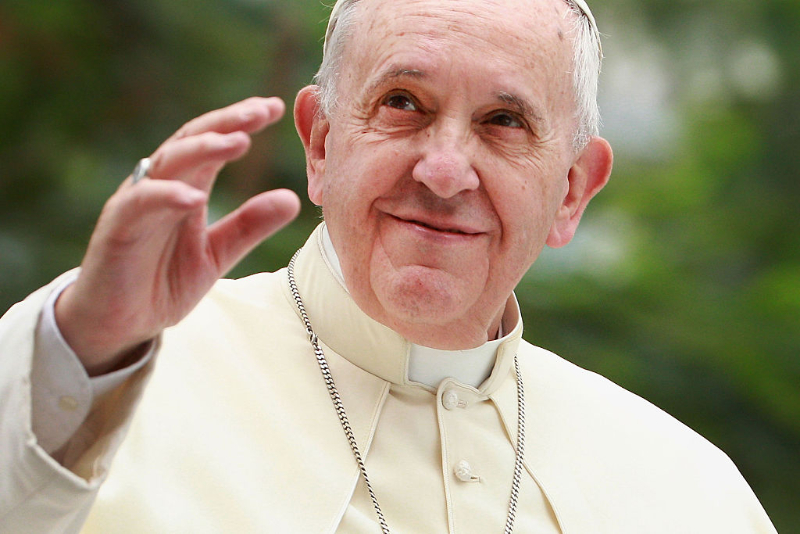
RELIGION
- Miles Pattenden
- 16 December 2021
29 Comments
Pope Francis turns eighty-five this week. His pontificate has seen him emerge from obscurity in Argentine Church politics to become, late in life, a global cultural icon and one of the most popular popes in living memory. Over the past nine years he has invigorated the Church and, according to papal biographer Austen Ivereigh, has made the papacy ‘much more human, much more accessible, much less remote’.
READ MORE 
-

AUSTRALIA
- Andrew Hamilton
- 04 November 2021
13 Comments
In large organisations love hardly rates a mention. Mission statements highlight care, duty, responsibility and friendliness, but not love. Love is generally seen as an interrupter, combustible, something to fence in with protocols and professional standards, and for HR to monitor. When Pope Benedict XVI devoted an Encyclical to the place of love in public relationships, people were surprised. His argument is worth revisiting.
READ MORE 
-
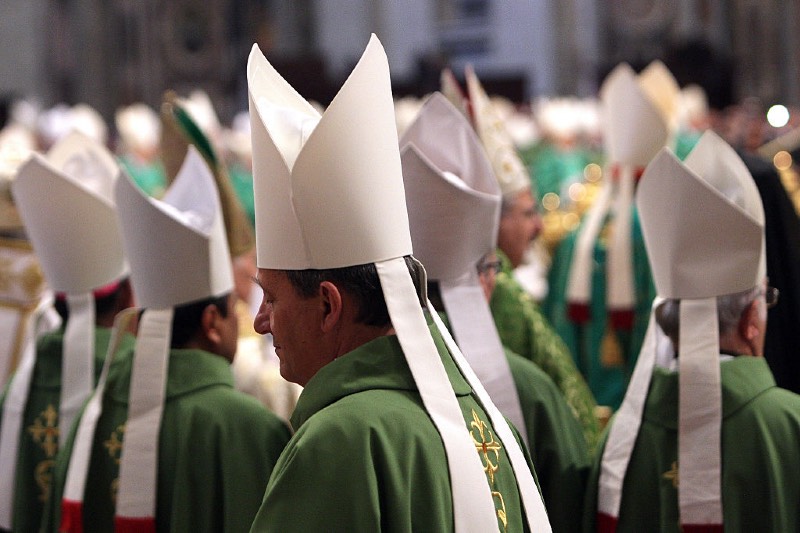
RELIGION
- Andrew Hamilton
- 03 June 2021
58 Comments
At first sight the recent Vatican announcement that a forthcoming synod would be delayed was non-news. All synods are considered boring, and a synod on synodality sounds entirely self-referential. Yet the announcement was significant. The synod will take up much time and energy of Catholics at the local, diocesan, national and international level for almost three years.
READ MORE 
-
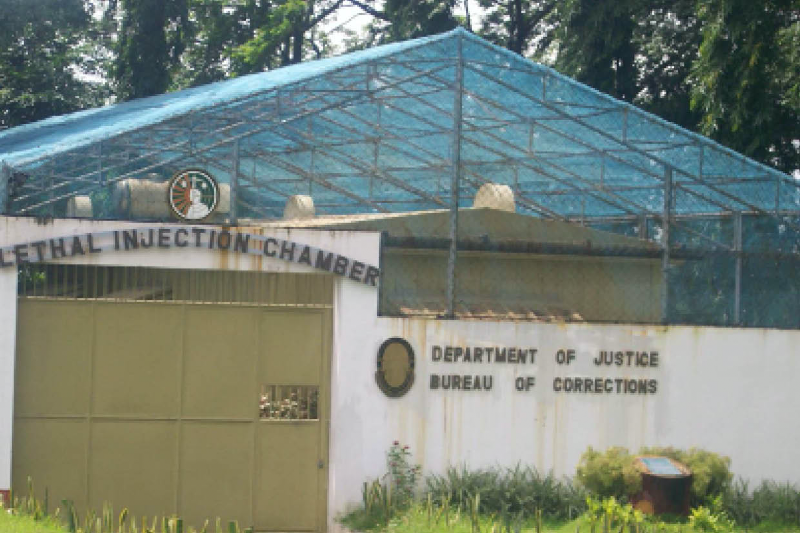
RELIGION
- Ross Jones
- 01 December 2020
6 Comments
Approaching the walled and caged building where the sentence was carried out, our young fellows have always been struck by something of a paradox proclaimed in two signs at the door: ‘Bureau of Corrections’ alongside ‘Lethal Injection Chamber’. They were quick to seize upon it. ‘How can you correct and rehabilitate a person after you have killed him?’ they would ask.
READ MORE 
-
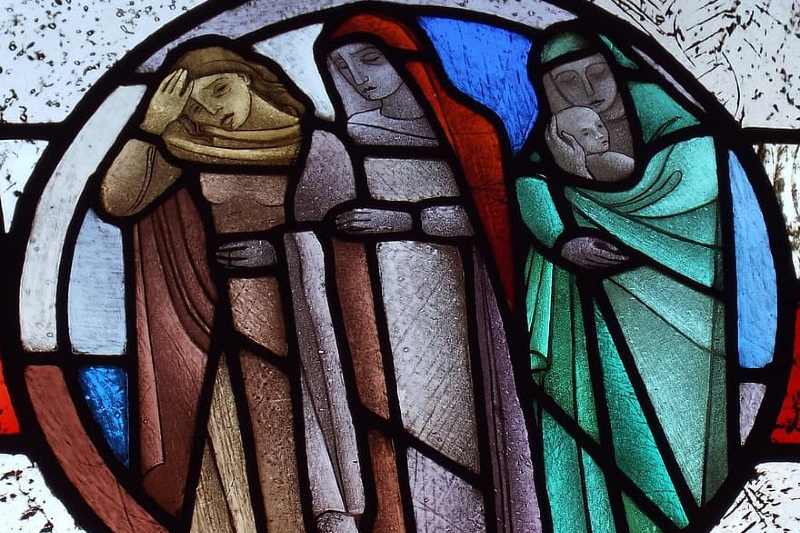
RELIGION
- Marilyn Hatton
- 27 October 2020
37 Comments
Phyllis Zagano’s latest book Women: Icons of Christ is a must read for all who desire equality for women in our world and an inclusive practice of Catholic faith. The critical issue Zagano presents in this book is that ordaining women to the deaconate is a not a new or forbidden act in Catholic history but rather a return to a practice that endured for hundreds of years.
READ MORE 
-
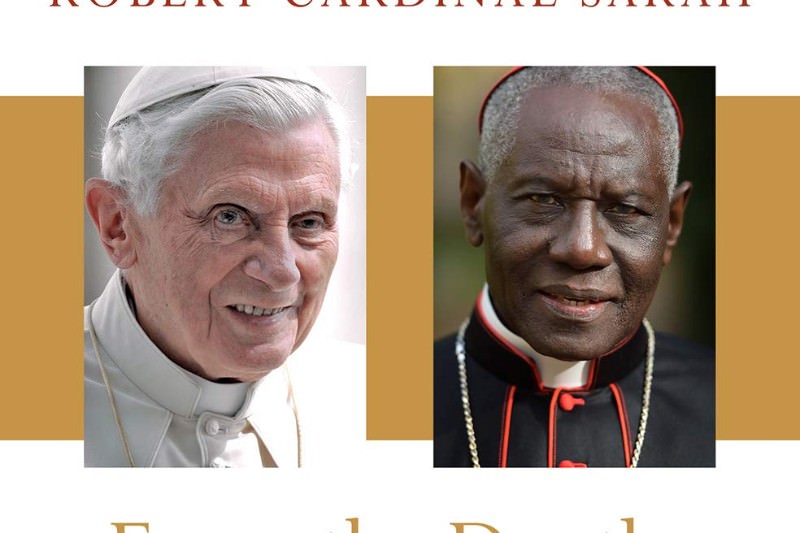
RELIGION
- Nick Brodie
- 16 January 2020
55 Comments
Cardinal Sarah's scandal-causing book arguing against changes to the rule of mandatory celibacy was a transparent attempt to thwart proposals coming out of the Amazonian Synod of 2019. Whatever the fallout, it should not be allowed to scare Australia's bishops off from discussing the subject during Plenary Council 2020.
READ MORE 
-
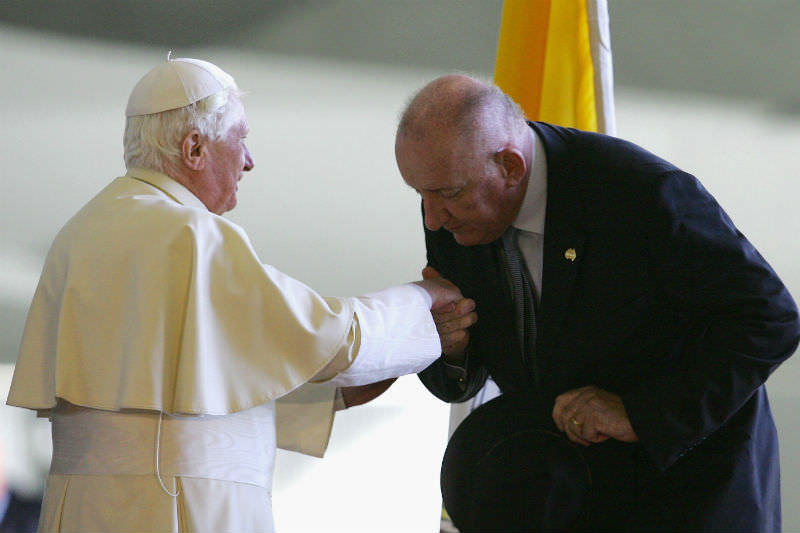
AUSTRALIA
- Irfan Yusuf
- 30 August 2019
7 Comments
My views on the Middle East have somewhat mellowed since then, due to my own reading and notwithstanding the harassment I and other supporters of Palestinian rights have experienced over the years. Having the then Deputy Prime Minister on our side certainly provided us with the strength to continue speaking our truths.
READ MORE 
-
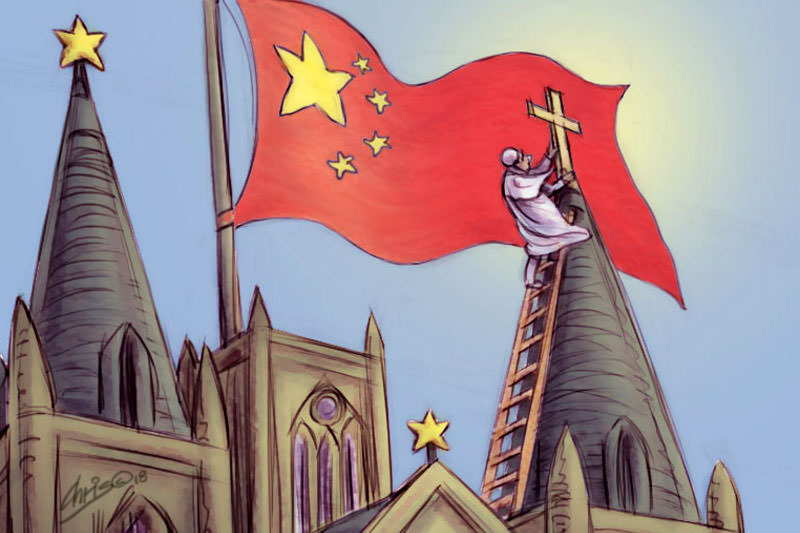
INTERNATIONAL
- Jeremy Clarke
- 28 September 2018
4 Comments
In light of the self-serving and at times criminal behavior of bishops around the world as revealed by the sexual abuse crisis, it might seem strange that the appointment of bishops is such a neuralgic issue for Vatican-China relations. But in China, the appointment of bishops has become the litmus test of a so-called orthodoxy in much the same way right-to-life issues are in the USA.
READ MORE 
-

RELIGION
- Denis Fitzgerald
- 16 February 2018
5 Comments
Catholic social service agencies are facing many challenges from a number of the disruptions at play in our postmodern society. These have to be addressed if the agencies are to continue their work with those on the margins, and their indispensable contribution to the mission of the Church.
READ MORE 
-
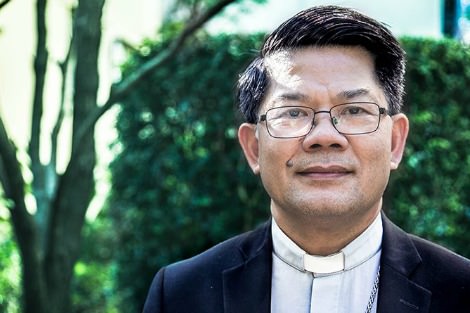
RELIGION
- Andrew Hamilton
- 08 January 2018
7 Comments
Vincent Long's testimony was notable for its directness, honesty and the awareness it displayed of the importance of church culture. Long grew up in the Vietnamese Catholic Church and was afterwards chosen to lead the Australian Church. In his responses he focused on clericalism and its role in giving license and cover to clerical abuse.
READ MORE 
-

RELIGION
- Andrew Hamilton
- 22 February 2017
70 Comments
The most thought provoking testimony given during the Royal Commission's Catholic 'wrap up' was that by Vincent Long, Bishop of Parramatta. It was notable for its directness, honesty and the awareness it displayed of the importance of church culture. Bishop Long grew up in the Vietnamese Catholic Church and was afterwards chosen to lead the Australian Church. In his responses he focused particularly on clericalism and its role in giving license and cover to clerical abuse.
READ MORE 